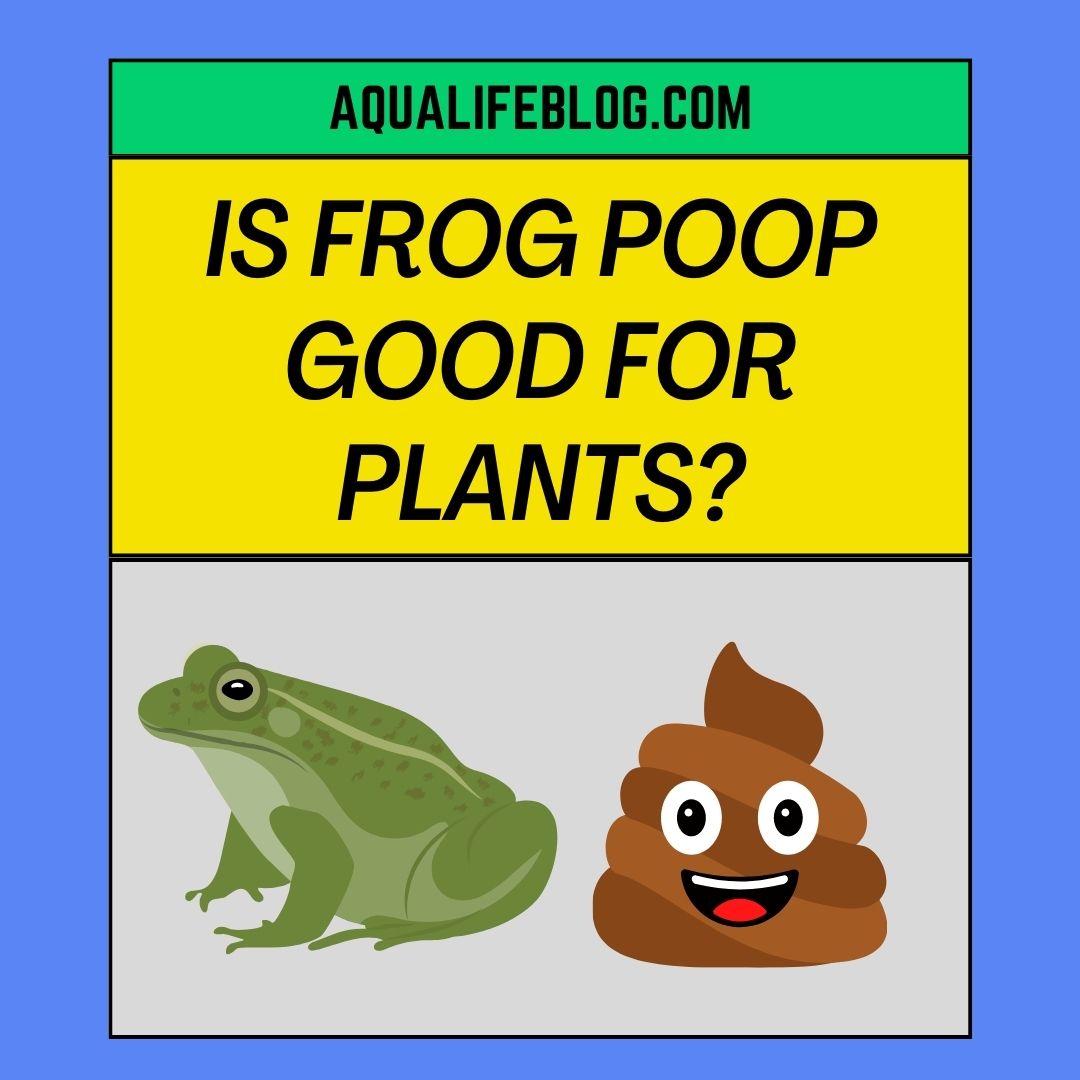
Do you have dozens of frogs in your location or you have some as pets? What if I told you that they’re still more useful than keeping them as pet? Now you will be surprised and would want to understand what I mean by that. Well, apart from keeping them as our source of amusement, sight seeing and joy, they can still serve a purpose to other living things like plants. Now you did be amazed, but yes, frog poop can serve as an organic fertilizer to plants.
IS frog poop good for plants? Yes, frog poop is an organic fertilizer for plants. Just like other animal poops, frog poop has minerals that nourishes plants.
I know you might be surprised at this revelation.
Maybe you’re among those that only have frogs for amusement.
Related: How does Crayfish poop?
But no! Frogs can serve multi purpose for us which are, feeding our crops and also giving us happiness and a source of love and care.
From what I have read from expert agriculturists, this type of organic fertilizer is far more effective than the dung of so many animals.
There are many types and species of frogs.
Some are purely carnivores and some are omnivores.
They eat all kind of things ranging from vegetables, fruits and other smaller animals they could kill.
Related: Is leopard frog good for fishing catfish?
So judging by what they eat, you can be able to tell that their poop might be so rich in minerals which could be very effective to crops.
Just like chicken poop, frog poop contains 0.5%- 0.9% nitrogen, 0.4%- 0.5% phosphorus, and 1.2% – 1.7% potassium.
All these nutrients are very necessary for the survival of plants.
No doubt, I know some frogs like dart frog is poisonous.
But Their poop might still be nourishing to plants.
Related: Why is my African dwarf frog so fat?
Although I won’t try adding such poisonous frog’s poop to my crops till I verify from plant experts.
Although their poop is fertile, the only problem is how to collect them since they’re small and also frogs in the wild are hard to come by.
From my knowledge, frogs are attracted to insects.
So if you happen to live in a region with alot of frogs and insects, then try putting on your outdoor lights.
It will attract insects, which in turn will attract frogs of all type.
So instead throwing away you pet frog poops, why not try to help your plants with it?
Sounds cool right? you can also mix them with other manures because I know their poops are small and insignificant Instead of just wasting them.
It could help you make some savings by cutting the amount you spend on fertilizers. Who knows.
Are Frogs Bad For Plants?
There are many myths about frogs, many of them are about how destructive frogs are to gardens and plants. We will look at ones of the popular myths about frogs in this article.
Are Frogs bad for plants? No, Frogs are beneficial to plants because they eat thousands of insects which could attack plants and also deposit poops on plants which nourishes them.
Although Frogs are amphibians and so love to stay around water.
But if In any case you happen to see them around your garden, then it’s a bonus for you because they are the natural remedy to the menace of insects and pests you might have been having.
Related: Why are my African dwarf frogs hiding?
Now come to think of this, a single frog can eat more than 100 insects in one night.
Then imagine if the frogs are many, don’t you think the era of insects in your garden is over?
Frogs are beneficial to plants and don’t destroy them.
Does Frog Poop Smell?
If you have not seen frog poop before, you might be wondering what they smell like.
Does frog poop smells? Yes, frog poop smells alot. They smell like dog poop
They smell alot, that’s why you can’t necessarily pack them up with barehands (disgusting) you need a packer to do that.
This is why it is also very necessary to always clean their habitats, unless you want your pet frogs to mess up your room with their poop.
Conclusion
Frog poops are good for plants. Even frogs themselves are very beneficial to plants too.
Don’t believe in myths.
